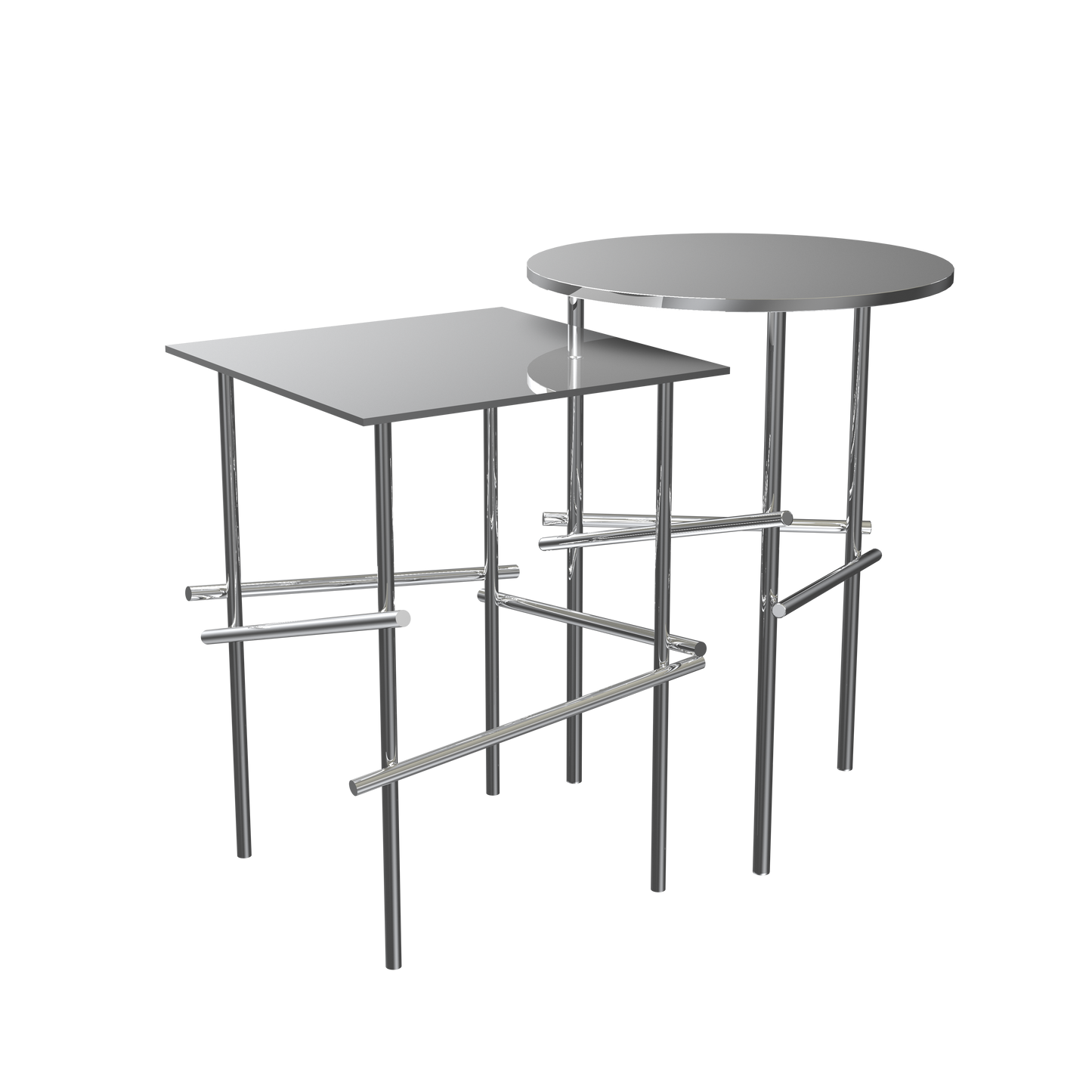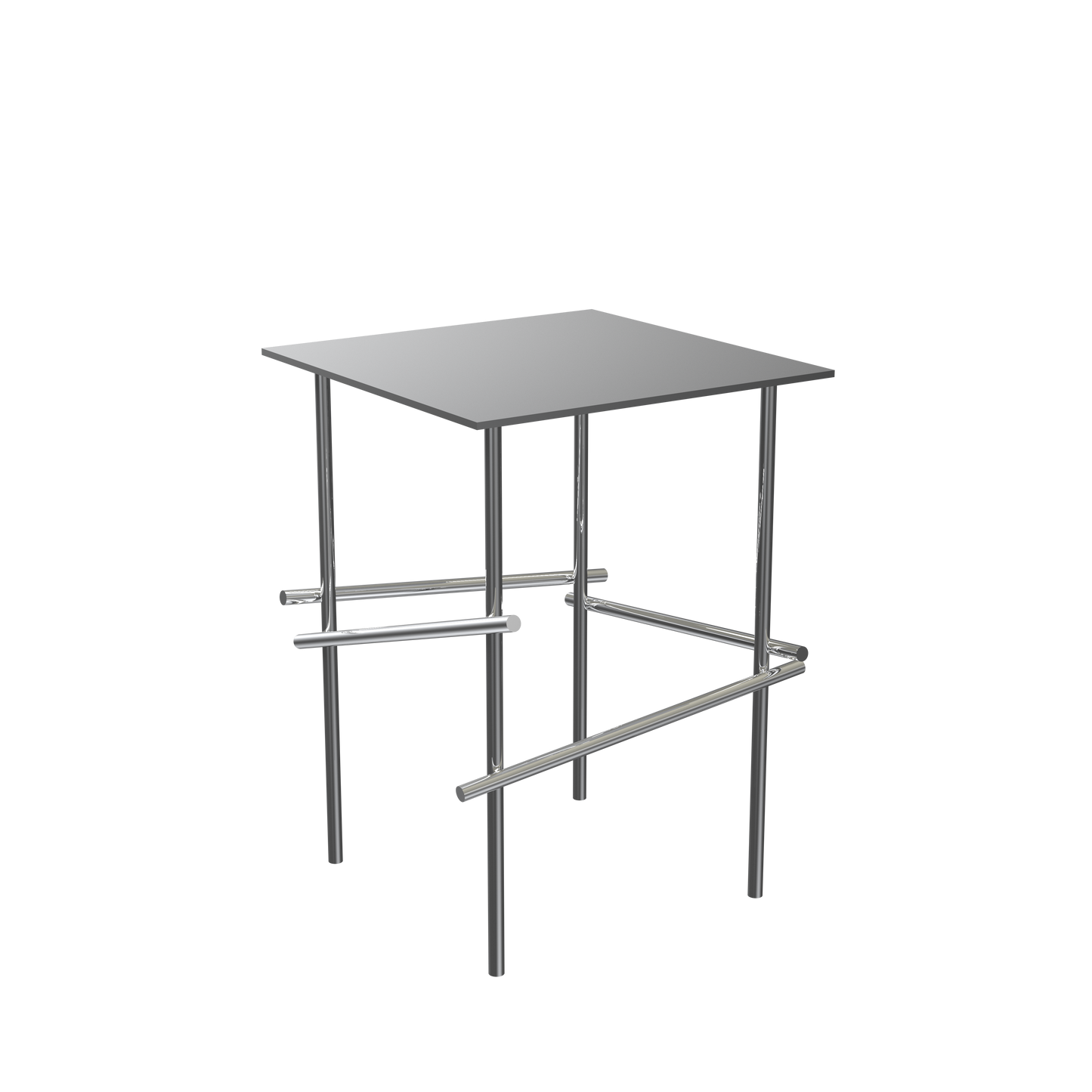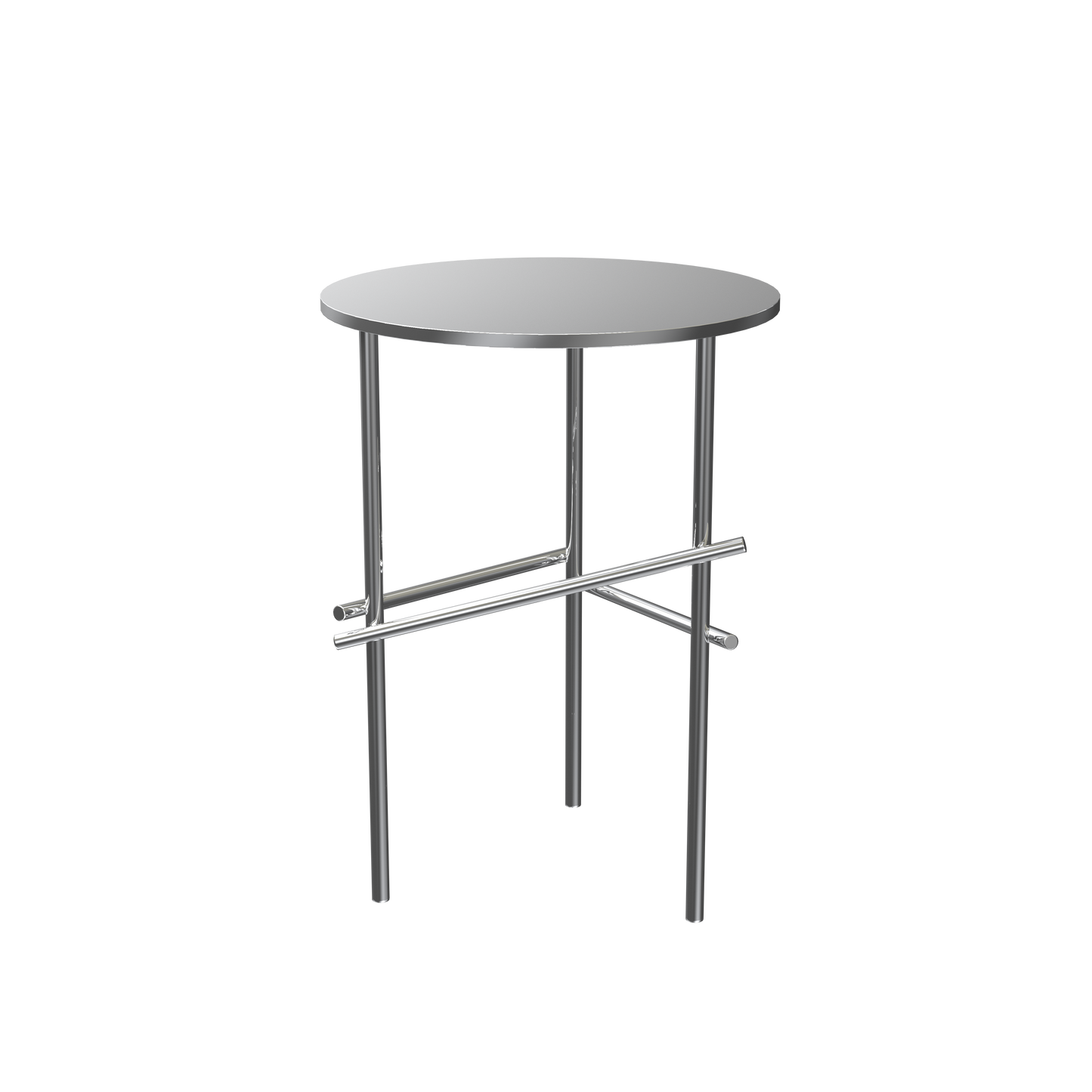Détails
Les pieds en tube d'acier chromé rappellent les baguettes en bois utilisées pour jouer au Mikado (ou pick-up-sticks, connu sous le nom de Shanghai en italien)
Matériaux
Plateau en tôle d'acier, base en tube d'acier chromé
finition
Dimensions

Expédition & retours
RETOUR:
Cet article est une vente finale. Aucun remboursement ou retour ne sera accepté sauf si le produit arrive endommagé ou si le mauvais article vous a été expédié.
***
Cliquez ici pour la politique de remboursement
***
EXPÉDITION:
Toutes nos pièces sont fabriquées sur commande. Les délais de livraison pour chaque article varient. Si vous sélectionnez « Expédition standard », vous pourrez sélectionner votre tarif d'expédition. Veuillez noter que la commande sera livrée en bordure de rue. Si vous sélectionnez « White Glove Shipping », nous vous répondrons dans les 48 heures avec un devis détaillé de livraison et d’installation.
***
Téléchargements de documents
Avez-vous une question concernant ce produit? Entrer en contact

Shanghai Tip



L'architecture de la légèreté
Un luxe discret, sophistiqué mais réconfortant, avec une atmosphère vaguement orientale. Simple et minimal en position standard ; extrêmement confortable lorsque le dossier, doté d'un mécanisme d'inclinaison, est relevé. Les pieds en tube d'acier chromé rappellent les baguettes en bois utilisées pour jouer au Mikado (ou pick-up-sticks, connu sous le nom de Shanghai en italien).

Patricia Urquiola
Shop NowBorn in Oviedo, Spain, Patricia Urquiola lives and works in Milan. She studied Architecture at the Polytechnic Universities of Madrid and Milan, where she graduated in 1989 under Achille Castiglioni. She then worked with two other Italian design icons, Vico Magistretti and Piero Lissoni. In 2001, she opened her own studio, working in product design, interiors and architecture. Since its foundation, Urquiola's design studio has preserved its unique approach by creating contemporary forms that speak to the materials, patterns, and palettes and utilizing artisanal techniques and aesthetics within industrial practices. This emphasis has resulted in a body of work that is both functional and playful, timeless yet uniquely of its moment. All this is accompanied by a dash of underlying irony, evident in the Radical Fake table and the Lud'o Lounge armchair Urquiola made for the Cappellini catalogue. Her studio's credits range from projects for Barcelona's Mandarin Oriental Hotel and Milan's Four Seasons Hotel to product design work for major Italian and international design brands such as Alessi, Baccarat, De Padova,

Moroso
Shop nowThe Moroso company, founded in 1952, produces upholstered furniture and high-end seating in collaboration with the best international designers. Since the Second World War, Moroso has been able to combine its strong knowledge of craftsmanship and tailoring with industrial production; its uniqueness lies in the combination of design, contemporary art and fashion, to offer products of the highest quality. In fact, Moroso represents the evolution of the Italian company that is based on the figure of the artisan entrepreneur and sees the family as the fulcrum in which this business history has taken root and developed. Founded by Agostino Moroso, today the furniture company is headed by Roberto Moroso, managing director, and Patrizia Moroso, artistic director. Moroso creates and customizes specific projects for the contract and luxury residential market. His collections convey stylistic and formal research, design and production experience. The Company can count on the talent of over seventy master craftsmen in its own production atelier, who, together with the network of excellent suppliers and the use of the highest quality materials, make every single product unique. Moroso's Design is based on research, values, talent, know-how and links with the territory, all elements that allow the company to offer unique products. Moroso is synonymous with quality: materials, linked to the attention of master craftsmen and attention to detail; design, associated with personalization; culture, which coincides with the ability to interpret the different sensibilities of designers; ethics, as a commitment to continuing a business model aimed at knowledge, with respect for the people who are part of it.














